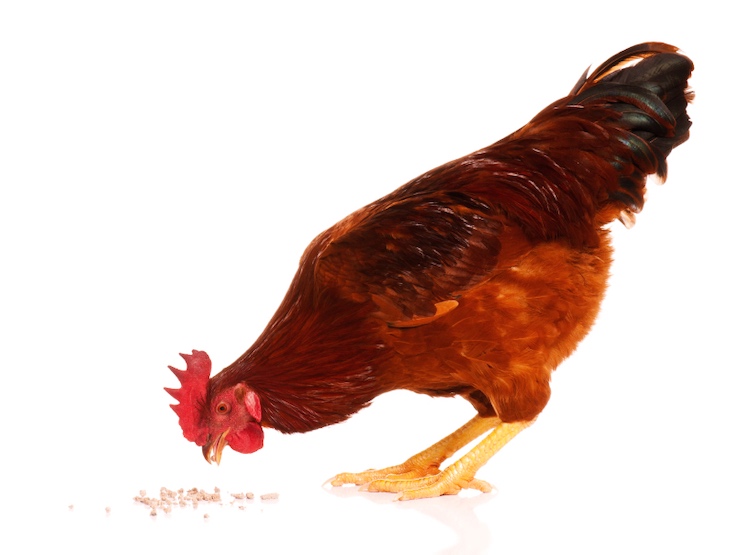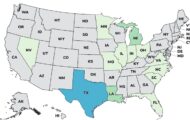The USDA announced a new effort to reduce poultry Salmonella Illnesses, to try to achieve a national target of a 25% reduction in those illnesses. Several “key activities” are being launched to gather data and information that is needed to support future action.

Agriculture Secretary Tom Vilsack said in a statement, “Far too many consumers become ill every year from poultry contaminated by Salmonella. We need to be constantly evolving in our efforts to prevent foodborne illness to stay one step ahead of the bad bugs. Today we’re taking action to help prevent Salmonella contamination throughout the poultry supply chain and production system to protect public health.”
USDA Deputy Under Secretary for Food Safety Sandra Eskin said, in a Consumer Federation of America Virtual National Food Policy Conference on October 5, 2021, “After some initial reductions in infections, the incidence of Salmonella infections has not significantly decreased since 2000. We have consistently missed the goal of reducing Salmonella infections linked to FSIS–regulated products set by every Healthy People initiative over the past number of decades.”
STOP Foodborne Illness drafted a proposal petition to the USDA on this topic earlier this year. Mitzi Baum, CEO of STOP Foodborne Illness, said, “We are gratified and grateful that Agriculture Secretary Tom Vilsack and his team recognize the critical need to secure our nation’s poultry food supply and reduce Salmonella contamination as a public health concern. Each year, more than one million people suffer from illnesses directly related to Salmonella poisoning that originates in chicken or turkey meat. Today’s action is an important step toward strengthening the nation’s food supply. We’re pleased to have played a role in calling attention to the issue and to assist as the USDA’s plan moves forward.”
Stop Foodborne Illness Board Member Amanda Craten’s son Noah has debilitating health conditions after he was sickened with salmonellosis after eating contaminated chicken. She said, “On behalf of Noah and the constituents impacted by severe foodborne illness, I want to express my deepest gratitude. I am confident that we can collaborate to create a new system that is science based, risk based, and enforceable. For me, it is a bridge to trust in food again.”
Of the more than 1,000,000 Salmonella illnesses that occur in the United States every year, more than 23% are due to the consumption of chicken and turkey, despite consistent reductions in the occurrence of Salmonella in poultry products.
USDA is seeking stakeholder feedback on specific control and measurement strategies, including pilot projects, in poultry slaughter and processing establishments. One key component is encouraging what is called “preharvest controls” to reduce the contamination coming into the slaughterhouses. Officials hope that the data from these projects can be used to determine if a different approach could reduce Salmonella illnesses in consumers.
While these projects are going on, the National Advisory Committee for Microbiological Criteria in Foods, which is an independent federal advisory committee, will be asked to advise the USDA on how it can build on the latest science to improve the approach to Salmonella control. The quantity of bacteria affects the likelihood of illness along with the presence or absence of the pathogen, so FSIS is going to look at how quantification can be incorporated into controls. FSIS will also focus on the Salmonella serotypes that pose the greatest public health risk.
Industry, consumer groups, and researchers will all be asked to contribute informations data, and knowledge to help reduce poultry Salmonella illnesses in the United States. USDA is going to work closely with these stakeholders to implement key activities in the future.




